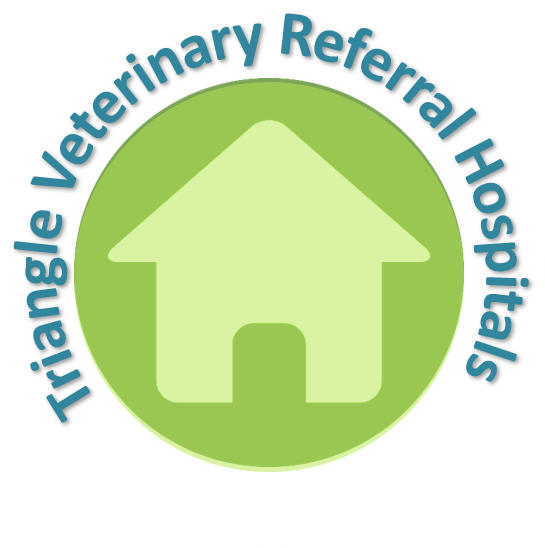If you are experiencing an actual emergency, please call Animal Poison Control Center at (888)426-4435.
Why would we suggest you call APCC?
The number of new solvents, chemicals, and pharmaceuticals entering the market each year is enormous. Keeping track of those chemicals, the risks of exposure, and how to treat exposure is a full time job – and that’s exactly what the Animal Poison Control Center (APCC) does. APCC is staffed by veterinary toxicologists 24/7 who have access to an extensive database and the most up-to-date treatment recommendations. Unfortunately, veterinary poison centers don’t seem to be a high priority when it comes to funding, so they have to charge for their services.
When should you call APCC?
If you’re trying to decide if you need to bring your pet in to the emergency service, we may suggest that you call APCC, especially if it’s a product that we don’t have adequate information about. You may find that it’s of no concern and you’ve saved yourself a trip to the emergency room. If, however, APCC suggests treatment, they’ll give you a case number. When you relay that case number to us, we'll be able to get all of the information that we need to effectively treat your pet. As a matter of fact, we’ll often call APCC on your behalf once you arrive to get treatment recommendations – we’re not going to guess when it comes to treating your pet! Remember, if you're concerned, you're welcome to bring your pet in to see us.
What can you expect when you call APCC?
When you call, an APCC staff member will ask for a credit card number, so be sure to have one handy. They’ll take a history of your pet and ask about the ingestion or exposure. After some quick research, the APCC veterinarian will discuss the potential risks and recommendations with you. Be sure to have a pen and paper handy to take down the case number. If you're coming in to see us, be sure to call and give us the case number – we'll be getting the vital information and treatment recommendations while you're on your way in so we can begin treatment that much faster.
Common poison dangers for animals:
- Chocolate
- Sugar-free gum
- Dates
- Grapes and Raisins
- Potpourri Oils and Candles
- Lilies
- Fertilizers
- Lead paint
- Human medications
- Compost





